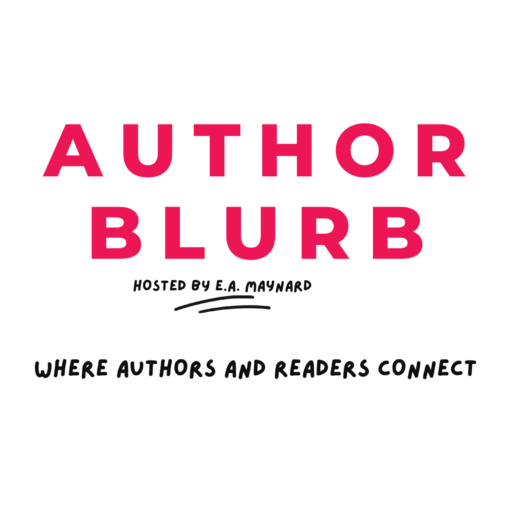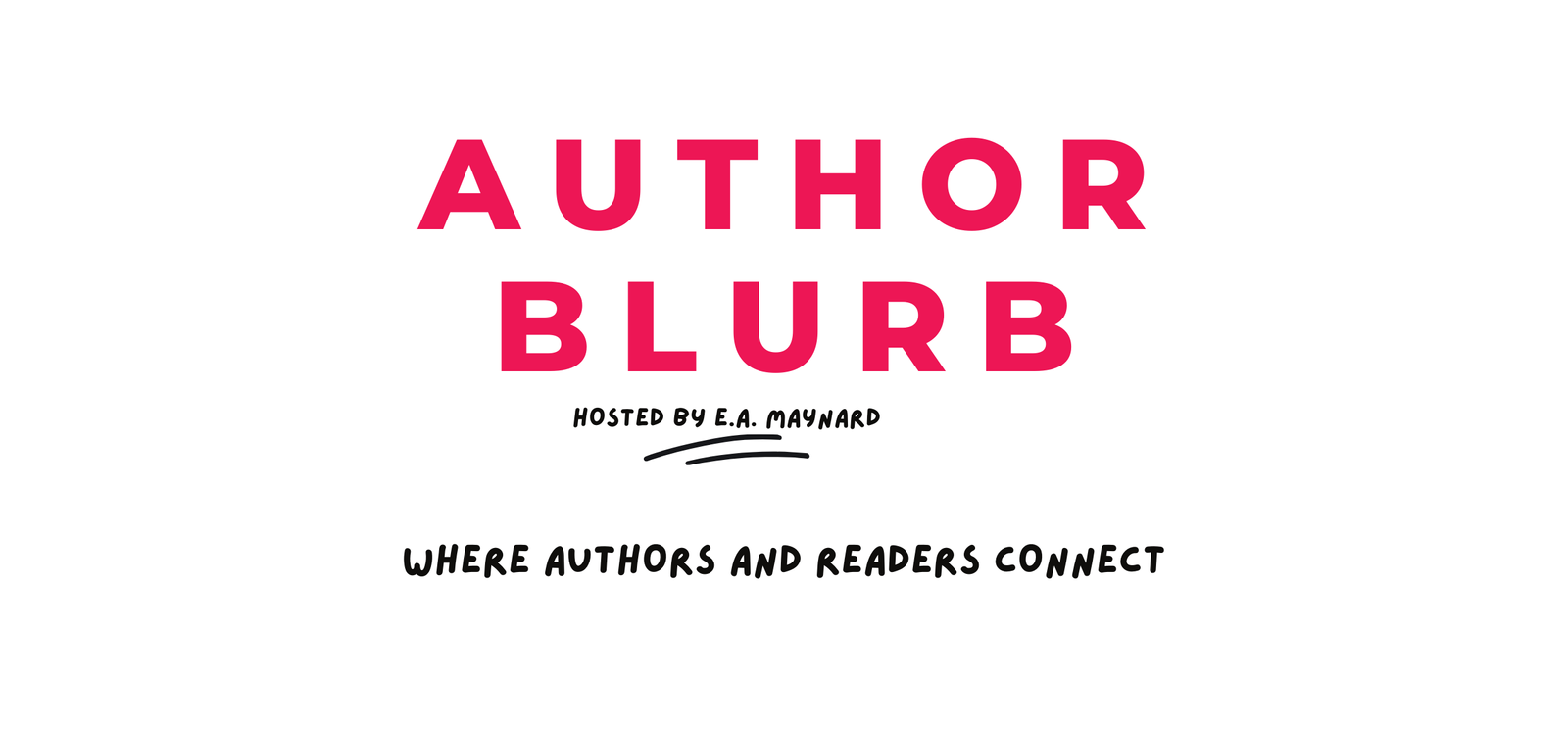It is an honor to be here today addressing you as distinguished NIABA Board members, members of the Columbus Law School community and fellow honored guests all gathered here to celebrate our Italian-American heritage and historic bar association on this fine autumn morning.
As a writer blessed to have my debut coming of age novel nominated for the John Newbery Medal and to have published hundreds of inspirational and evocative poems in literary journals and anthologies around the globe, I’d like to share some thoughts on this remarkable journey and my mindset and inspiration along the way.
At the outset of the Pandemic, I prayed that I would publish poems in journals that would glorify God with poems that would uplift and inspire people in our nation and around the world. Literally with a matter of weeks, my poetry exploded. Prior to the Pandemic, I had published very modestly perhaps a dozen at most poems in various Church publications and 1 poem in a truly professional literary journal. Standing before you today, I have published 271 poems in 47 literary journals, including the Asahi Shimbun, among the largest and oldest print newspapers in the world, and 6 poetry anthologies, including many that were bestsellers, on 5 continents. I found a voice, a gracious and undeserved gift, and simply trusted God to help me find the literary vessels to carry them to readers globally.
As an author, poet, high school and collegiate runner and person of strong faith, since my childhood I have been inspired by Eric Liddell, the great Scottish missionary and runner whose principled refusal to run an Olympic 100-meter race on a Sunday was chronicled in Chariots of Fire. As a boy, I recall playing Vangelis’ Chariots of Fire music many times over on a grand piano in our Church’s music room, inspired by the larger-than-life story behind it. And as a high school and college Division 1 runner, I recall the music of Chariots of Fire played on our SONY walkmen pumping up my Harvard teammates and me for big races.
The Chariots of Fire soundtrack is a tribute to the extraordinary feat that Liddell accomplished and how he accomplished it. Surpassed in pure 400 meter running talent by a number of his 1924 Olympic competitors, Liddell simply honored God and God honored him back. And this is exactly what a masseur wrote and presented in a message to Liddell the morning of his historic 400 meter final in Paris, writing: “In the old book it says: ‘He that honors me I will honor.’”
Days after pulling out of the 100-meter heats because they were held on a Sunday, Liddell found himself lining up in the least coveted, outside lane against heavily favored American champion, Horatio Fitch, in the 400-meter final, a much longer than optimal distance for him. Astonishing the audibly gasping crowd, Liddell took over a 3 second lead within the first 200 meters and then sprinted the remaining 200 meters in spirited, ungainly form to set a world record and shatter his personal best by an astounding 2 seconds.
Describing his race tactics to Great Britain’s Guardian, Liddell explained: “I ran the first 200 meters as quickly as I could and, with the help of God, I ran the next 200 meters even more strongly.” And when asked why he ran, Liddell stated: “God made me fast. And when I run, I feel His pleasure.”
And yet, this world-record setting Olympic gold medalist, despite the fame, remained grounded until the day he died as a missionary in a World War II Japanese prisoner of war camp in China. Selected to be exchanged in a prisoner swap arranged by Winston Churchill, Liddell gave his place to a pregnant woman, perishing in the camp just 6 months from its liberation. In the words of Langdon Gilkey, who survived the camp to become a prominent American theologian, Liddell “was overflowing with good humor and love for life, and with enthusiasm and charm. It is rare indeed that a person has the good fortune to meet a saint but he came as close to it as anyone I have ever known.”
Why am I sharing these remarkable stories of Eric Liddell, a towering, almost legendary figure who makes me, and perhaps most of us, feel unworthy of mention. Besides the compelling nature of his story and fond memories of my days of cross-country and long-distance track running, I mention Liddell because he ran for exactly the same reason why I write and love to do so. The joy that he described in his running resonates with me. I feel a joy and feeling that I am doing what is pleasing to God when I use my author’s voice to heal, uplift, comfort and inspire readers. I feel that it is a noble pursuit to share poetic tributes of giants who came before us, great men and women like Eric Liddell, Ronald Reagan, Nelson Mandela and Queen Elizabeth II, each of whom blazed a glorious path for us to tread.
I also feel part of my purpose as a writer is to use my poet’s voice is to highlight cases of injustice and to espouse righteous causes. Some recent examples of this are my poems extolling the virtues of the Ukrainian people in bravely fighting to preserve their sovereignty, freedom and very existence, poems supporting those struggling for freedom in Hong Kong, poems, including my “We Are Mahsa” poem, decrying injustices to women and repression in Iran and Afghanistan, and poems paying tribute to civil rights pioneers. I feel that freedom of speech is paramount and that writers should have the courage to make their voices heard even where rogue states and actors may potentially exact a high price paid for it, as recently witnessed in the cowardly, on-stage attack against Salman Rushdie.
Recently, I found out to my horror that a beloved relative was diagnosed with Pancreatic cancer. At a loss for words, and grieving inwardly, I wrote a poem that I thought I would share with you today. It is entitled “Perhaps..”[Please note: My poem “Perhaps” is intentionally omitted as it is pending publication]
In writing this poem, and in particular its ending, it powerfully impacted me. Despite its private nature, I decided to share it in the hopes of comforting others suffering themselves, or with loved ones, from similar afflictions. Minutes and hours after doing so, I was astounded to receive an outpouring from friends, family and even strangers telling me of the comfort it had brought them in helping to process their grief from the passing of fathers, wives and other close loved ones.
One person unknown to me, a patient of my sister at an assisted living facility who last year lost his beloved wife of 60 years, wrote to my sister in an email that she passed on: “Of all the precious display of sincere sentiments I’ve received this is the most touching, intimate, impactful, empowering, hopeful and spiritual tribute thing I’ve received. I’m so grateful and honored that you would share this with me.”
Yes, poetry can heal, uplift our spirits and elevate our souls, and I view that as its most laudable mission. I will never forget the words of President Ronald Reagan as he spoke to me and the rest of the nation the evening of January 28, 1986 after the Space Shuttle Challenger explosion just 73 seconds after liftoff. President Reagan ended his speech with the words: “We will never forget them, nor the last time we saw them, this morning, as they prepared for their journey and waved goodbye and ‘slipped the surly bonds of earth’ to ‘touch the face of God.'” The powerful concluding phrases were taken from “High Flight,” a poem authored by John Gillespie Magee Jr., a Royal Canadian Air Force pilot who foreshadowed his own tragic death in a mid-air collision over England during World War II.
That brings us to my debut novel, The Year of the Bear a novel that I published at the urging of my twin sons, one of whom even openly cried during its most touching scene. I have been incredibly humbled to have received endorsements that have been so meaningful, reinforcing that I stayed true to my mission in writing it. In the words of acclaimed author and world-renowned poet, Scott Mason: “The Year of the Bear tells a coming-of-age story, its action seamlessly interwoven with moments of indigenous wisdom, personal discovery, and universal truth. If the immediate experience is cinematic, its aftereffect is inspirational. A compelling and uplifting work.”
When I received this endorsement, it affirmed everything I was trying to accomplish. It seeks for the reader to experience the majesty of Mount Katahdin, the northernmost terminus of the Appalachian trails and the first mountain peak on which the sun shines each day. In the engraved words of former Governor and philanthropist Percival Baxter, who purchased and then generously donated Katahdin’s environs as Baxter State Park to the people of Maine:
“Man is born to die. His works are short-lived. Buildings crumble, monuments decay, and wealth vanishes, but Katahdin in all its glory forever shall remain the mountain of the people of Maine.”
In a divided society where a return to rational discourse sometimes feels like waiting for Godot, my novel seeks to appeal to the nobler side of human nature. It seeks to immerse you, the reader, not as a passive bystander but rather as an active participant, in a universal story, as you meld with its characters, experiencing their triumphs and tragedies as if they were your very own.
To achieve this effect requires an authenticity that resonates with the hearts, minds and souls of readers, resonating with the core of who and what they are. For me as an author, it is at once an incredibly rewarding and exhilarating yet responsible mission – one that requires sincerity, transparency and vulnerability, openly sharing convictions, emotions and aspirations of the characters in order to recognize universal truths that brighten the lives of readers and their loved ones around the world. As Reverend Doctor Cheryl Tatham of North Chevy Chase Church describes, The Year of the Bear “connects the expanse of nature and human emotion at a level of intensity that carries the reader deep into the lives of its characters.”
And so, what is a pulse read on whether or not The Year of the Bear actually has worked its magic?
As I have lightheartedly told prospective readers, The Year of the Bear comes with a 3 emotion guarantee – namely, that it will make you smile, laugh or cry, and hopefully all 3, before its dramatic ending, leaving you exhilarated, spellbound and caught up in a world of adventure…
Well, enough of my novel; my concluding poems are getting restless…
To lighten things up, here are few senryu I published during the Pandemic.
Senryu are a Japanese form of short poetry with the same traditional 5-7-5 morae, 3-line construction as haiku, often evincing wry humor. Indeed, I find that the more depressing the news of the day, the more refreshing a senryu. So here are a handful to sample published in various international literary journals, including Chrysanthemum, tsuri–dōrō, Haikuniverse and Failed Haiku:
Zen experience
nothing
to explain
praying
for every being
until mosquito bites
White House breaking news
more bird tweets
than Trump tweets
catches of the day
two trout
and one tree
racing boat through Chesapeake
until the sand bar
intervenes
quarantined single
more conversations with pets
than with people
Unfortunately, the fishing and boating senryu were taken from actual personal experiences. With that, I hope my remarks this morning have triggered at least a trace of a smile, laugh or tear, and I again very much thank you, my esteemed Italian-American colleagues and friends, for indulging my brief literary remarks on this beautiful autumn day. It’s been an honor.




